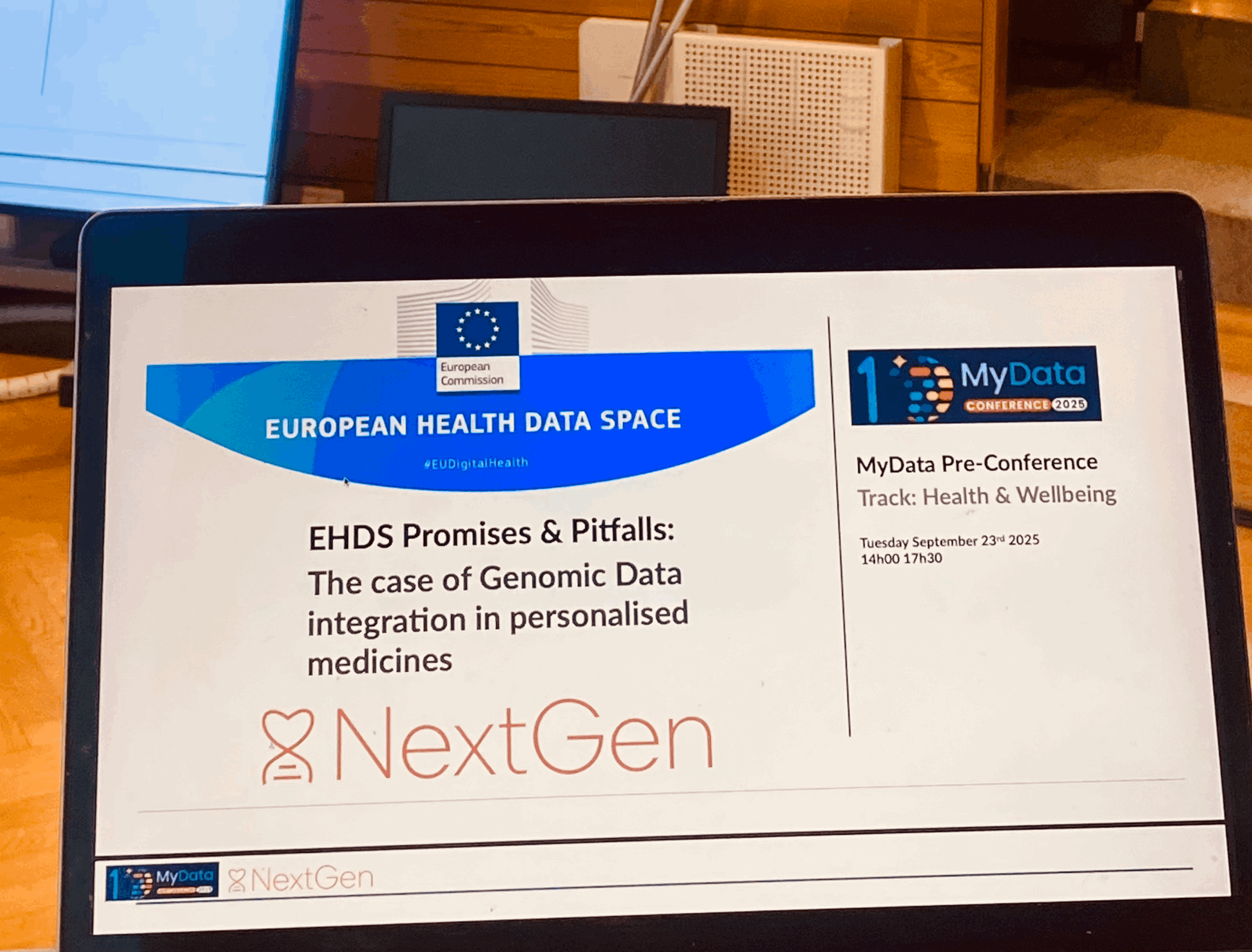
Human Colossus blog
Journey to a Dynamic Data Economy
The Human Colossus Foundation introduces key components of a Dynamic Data Economy through a series of blog posts

ArgonAuths x Human Colossus: Finalists at HackNation 2025 — Redefining Trust in the Digital Public Sphere
“Truth-on-the-Web”. Congratulation to the ArgonAuths-Human Colossus Foundation team that finished on the second place out of 300 projects and 1’500 participants !

Switzerland’s E-Challenges — And What the World Can Learn
As a global leader in direct democracy, Switzerland faces a unique test: how to scale secure, private, and verifiable E-Collecting, E-Voting, national E-ID, patient health records across 26 cantons — without eroding public trust and losing digital sovereignty.

Think Globally, Act Locally: HCF at the Intersection of Global Digital Governance and Local Implementation
Think Globally, Act Locally.
Geneva, November 3rd 2025 — The participation of the Human Colossus Foundation in both an international and Swiss events underlines the necessity of new globally accessible protocols for digital authenticity and integrity.
Digital Transformation: Global Forces, Local Realities
Digital transformation is not a policy choice — it is a technological tide reshaping governance, democracy, and civic participation worldwide. Its impact is simultaneously global in scale (AI, data flows, platform power) and local in consequence (voter access, municipal infrastructure, cultural trust).

EHDS Promises & Pitfalls: The Case of Genomic Data Integration in Personalised Medicines
Human Colossus Foundation co-organised the NextGen Pre-event at MyData 2025: Genomic Data and the Future of the European Health Data Space
Helsinki, 24 September 2025 — The European Health Data Space (EHDS) is set to redefine digital health across Europe. With the potential to benefit more than 250 million citizens, it promises to transform clinical research, innovation, and patient care. But can it truly deliver?

Human Colossus Joins “SNV on Tour” at EPFL — Deepfake Trust & Verification
On September 23, Human Colossus participated in SNV on Tour at EPFL, an event organized by the Swiss Association for Standardization (SNV). This year's event focused on artificial intelligence and deepfakes, two of the most pressing challenges in today's digital landscape.
The event brought together leaders from academia, industry, government, and civil society to discuss the future of trust, authenticity, and digital integrity in an era increasingly shaped by artificial intelligence and synthetic media.

Moving on with Overlays Capture Architecture 2.0: A New Era of Semantic Interoperability
The Overlays Capture Architecture (OCA) is a foundation for Dynamic Data Economy structuring and presenting data in a traceable and verifiable way. Recognising today’s need of interoperability between standards, the release of OCA v2, the architecture takes a major leap forward, introducing a modular and extensible approach in the definition of overlays.

DKMS Alliance Kick-off in Geneva: Building Now the Future of Digital Trust
On June 30th, Geneva became the stage for an informal event: the kick-off meeting of the DKMS Alliance. This gathering marks the official launch of a collaborative initiative poised to reshape digital trust infrastructure for the next generation.


Human Colossus Foundation at the 2025 Geneva Winter Summit: AI for Developing Countries
The Human Colossus Foundation (HCF) recently participated in the 2025 Geneva Winter Summit, a global gathering of AI experts, policymakers, and innovators hosted by the AI for Developing Countries Forum (AIFOD) at United Nation office at Geneva. The summit focused on AI’s potential for developing countries to drive equitable digital development, culminating in the AIFOD Geneva Winter Summit Declaration 2025, which charts a path for inclusive AI progress.

Journée de la Protection des Données
In the digital age, freedom of choice is profoundly affected by the way data is collected, shared and used. This freedom of choice is closely linked to the notion of privacy.
Based on its work, the Foundation will present an approach where digital technology is used to empower patients, enabling them to make informed decisions about their health, while contributing to significant advances in medical research.
The discussion will be around current issues in Switzerland linked to the E-ID digital identity project and its impact on the healthcare ecosystem.
